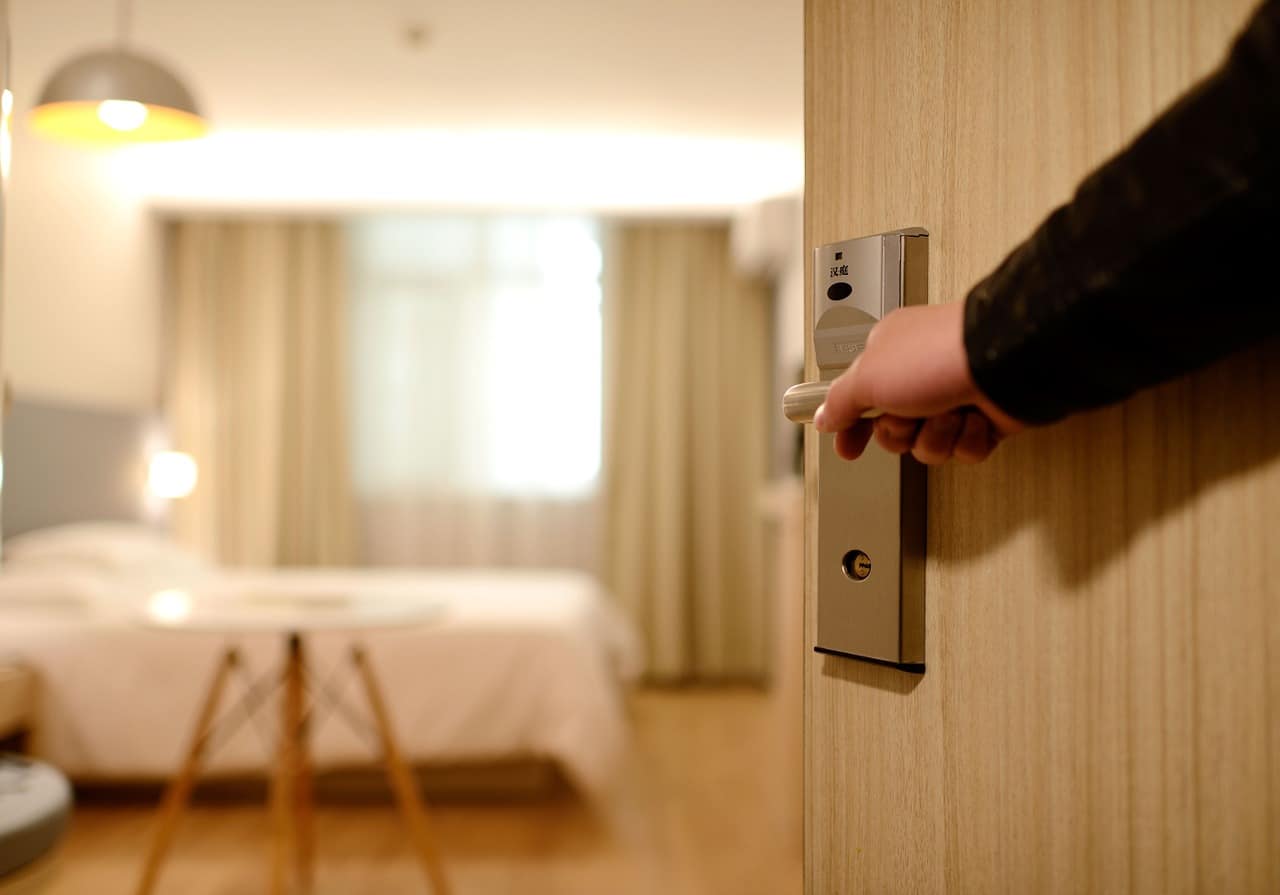
Travelers often expect a whole host of accommodations and amenities during their stay at a hotel. But it’s as much on the guest as it is hotel employees to foster a pleasant experience.
In most cases, if you come at hotel people with a really positive attitude, you’re going to get an overwhelmingly positive response. However, experts say you could be making etiquette mistakes at your hotel without even realizing it. And being rude to the staff when there is a problem only makes the situation worse. Here’s how to create a pleasant hotel experience for you and for those around you.
1. Interact with Hotel Employees
The anxiety of travel can sometimes carry over to the check-in desk in the hotel lobby. But the way you present yourself when you walk into your hotel can set the tone for your entire stay. While some guests think that complaining leads to more favors or upgrades, but being friendly and respectful is actually the best way to score some perks. “The nicer guests are, the more they get.”
2. Tip the Housekeeping Staff
Some industry experts suggest the amount you tip depends on a number of factors, including the type of hotel you’re staying at, the length of your stay and how much of a mess you’re leaving. Others say there’s an established standard no matter where you stay. The American Hotel and Lodging Association recommends $1-5 or around Rp 15.000 – Rp 70.000 per night.
The problem is, not everybody knows that tipping housekeepers is expected. But once you’ve determined how much you’re going to leave, where should you leave it? The American Hotel and Lodging Association recommends leaving the tip in an envelope or next to a note to signify. Some experts suggest leaving gratuity on the bed or a pillow.
3. Items are Acceptable to Take from Hotel Room
For the most part, hotels are fine with you taking the shampoo and lotion bottles, or even the pen and notepad from the nightstand. But larger items like shoeshine bags, laundry bags, hangers and washcloths should stay in the room, even if the hotel won’t necessarily charge you for taking them.
A lot of people take batteries, when they really shouldn’t. Still, hotels are not likely to charge for them. That’s why one of the things housekeepers are asked to do is to turn the television on with the remote control as a part of their checklist to make sure the battery’s in it.
So what do hotels actually charge for? Anything that’s part of the furniture or fixtures. Since blankets and throw pillows are among the more expensive items in hotel room, hotels will likely charge you for removing them as well. Taking bathrobes is also a major faux pas, which will presumably result in you getting charged.
4. Handle an Unpleasant Stay
Heightened stress from travel can contribute to outbursts from guests, and hotel employees are the ones who have to deal with the backlash from incidents that are oftentimes beyond their control. At hotels, when something goes wrong, employees hope guests will address the problem directly with them, rather than broadcast their grievances on social media or travel sites. Problems that customers have complained about online could have been easily solved if they were brought to her attention in real time.
5. Best Way to Leave Hotel Room When You Check Out
The messier you leave the room, the harder housekeepers have to work during that time period to get the same amount of work done.
While hotel understands that guests are potentially paying hundreds of dollars a night, but cleaning up and being someone who is purposely making a big mess are two different things. So what are some simple things you can do to make cleaning easier for the employees? Putting the trash in the trash can as opposed to leaving it dispersed around the room, and piling all the used towels together in one place.

